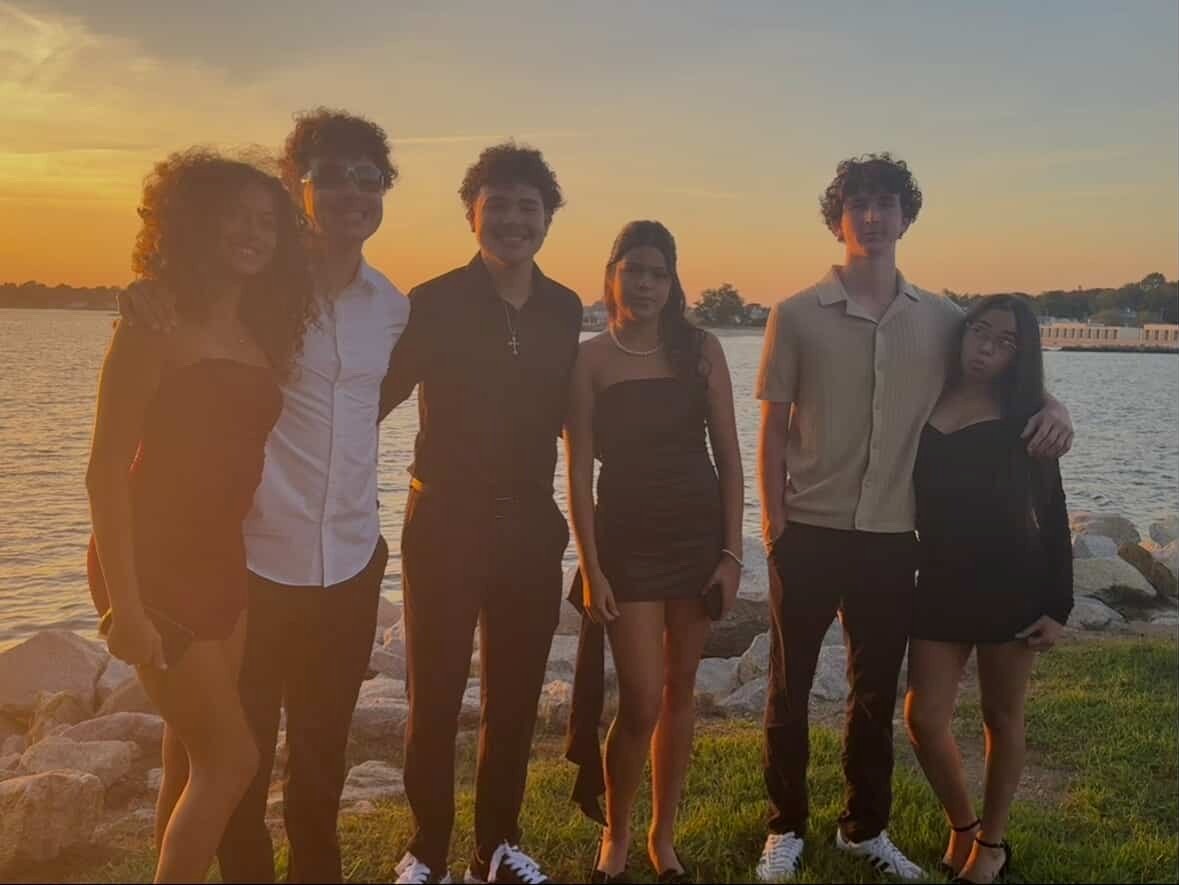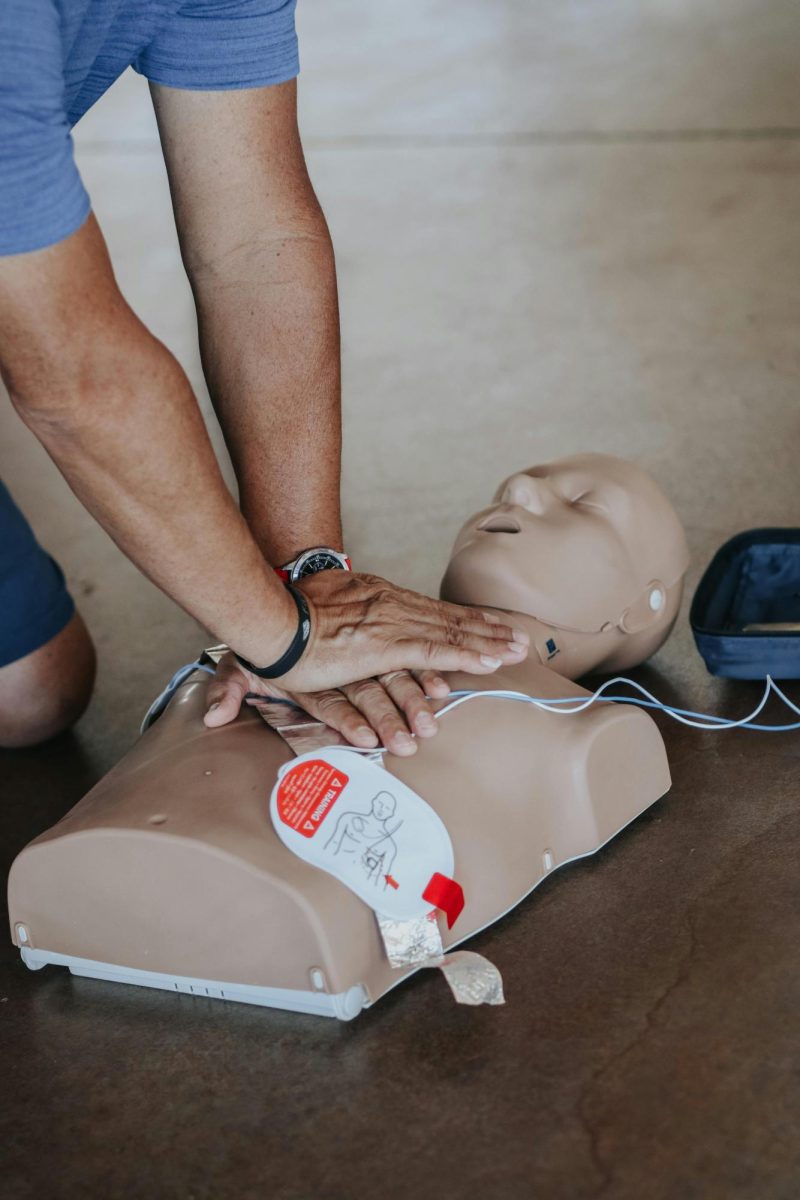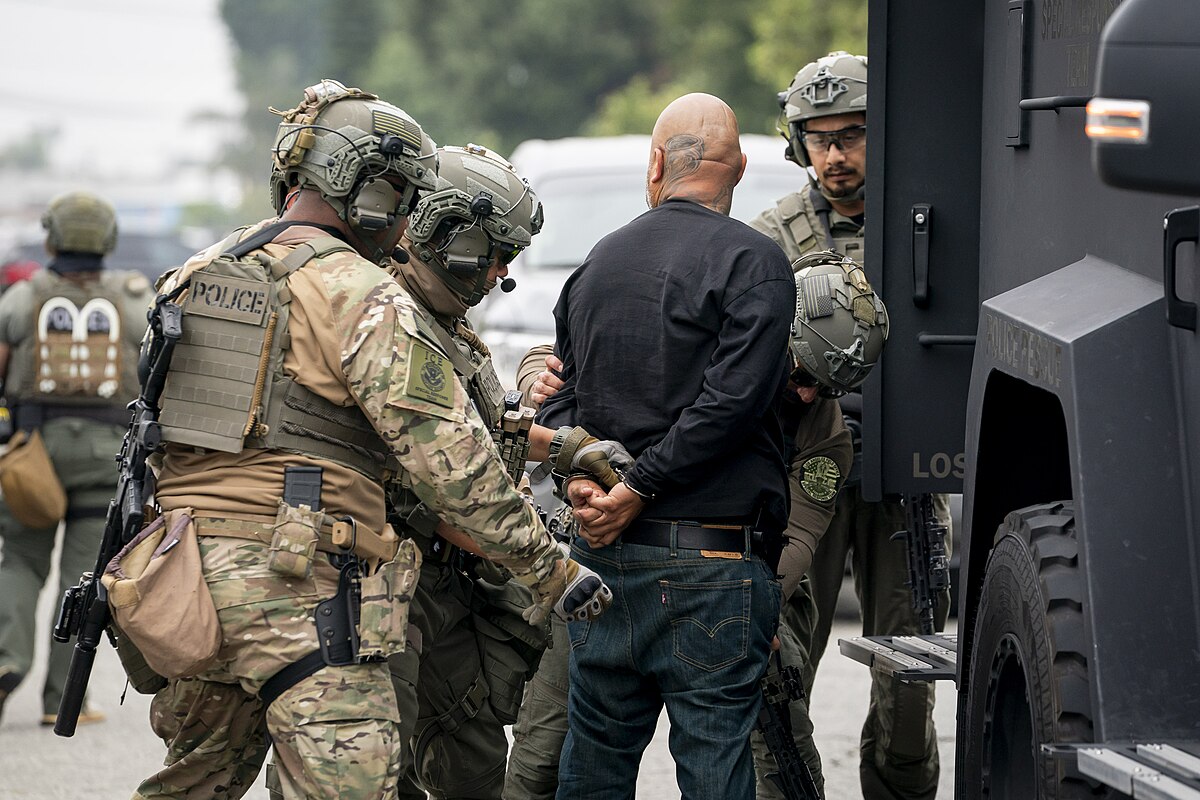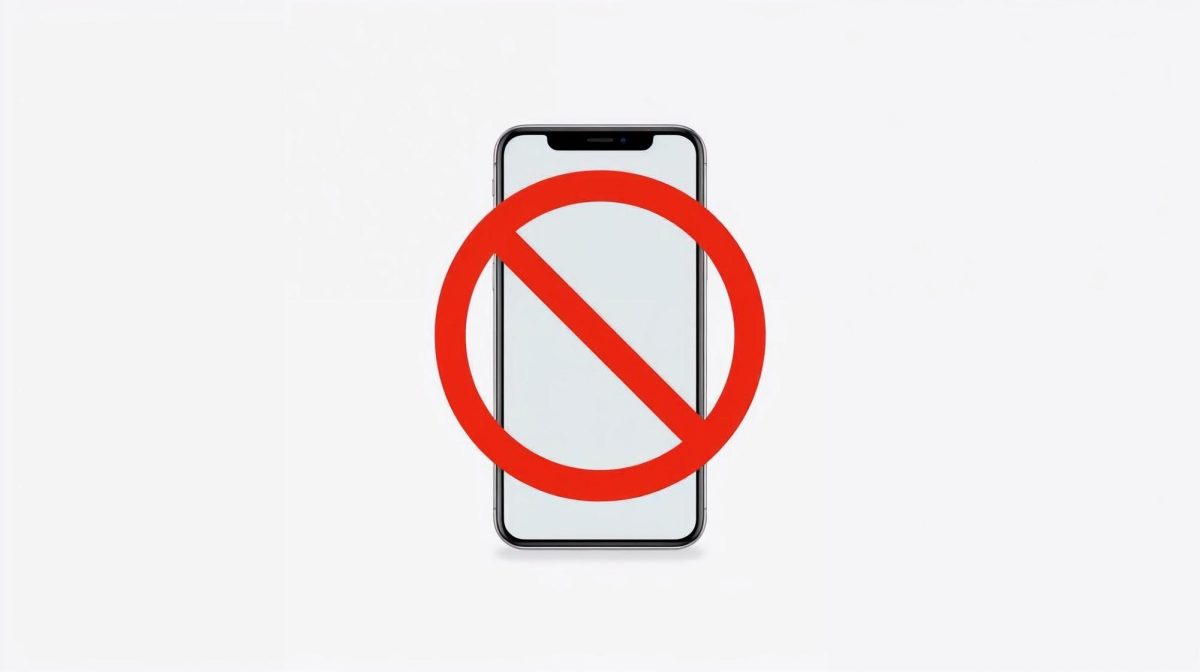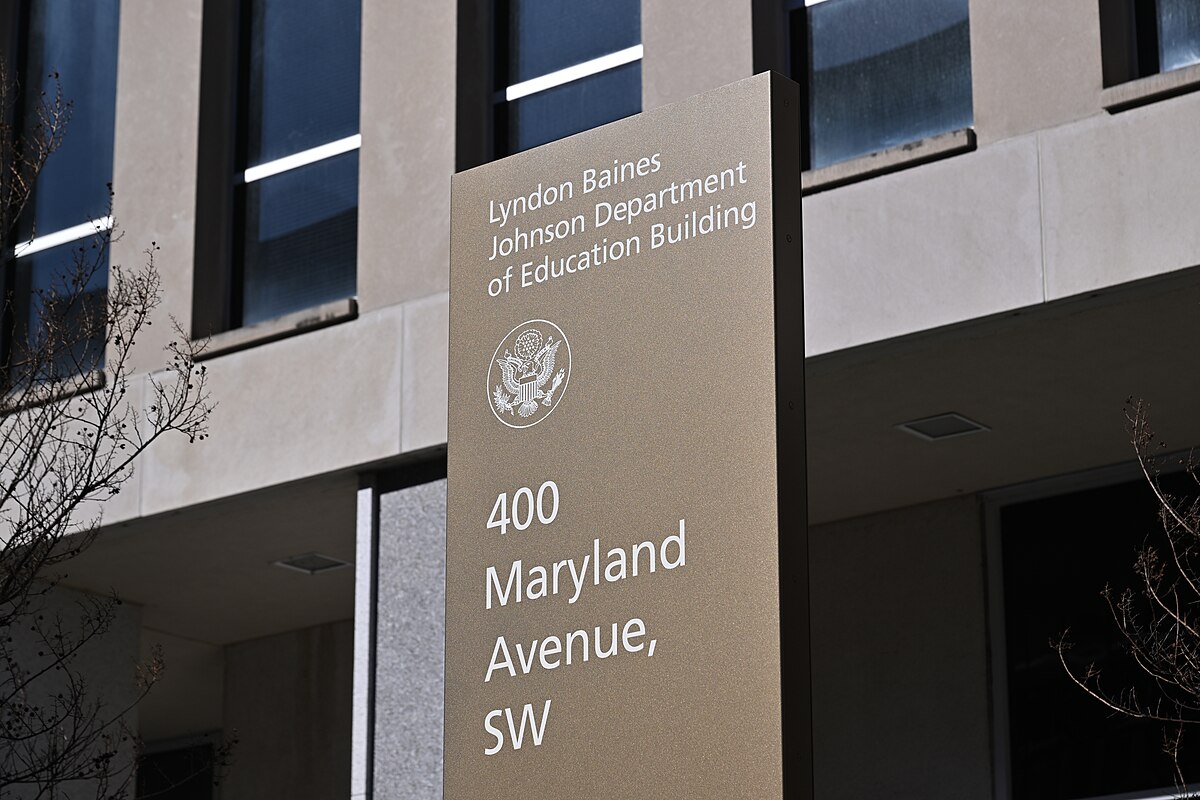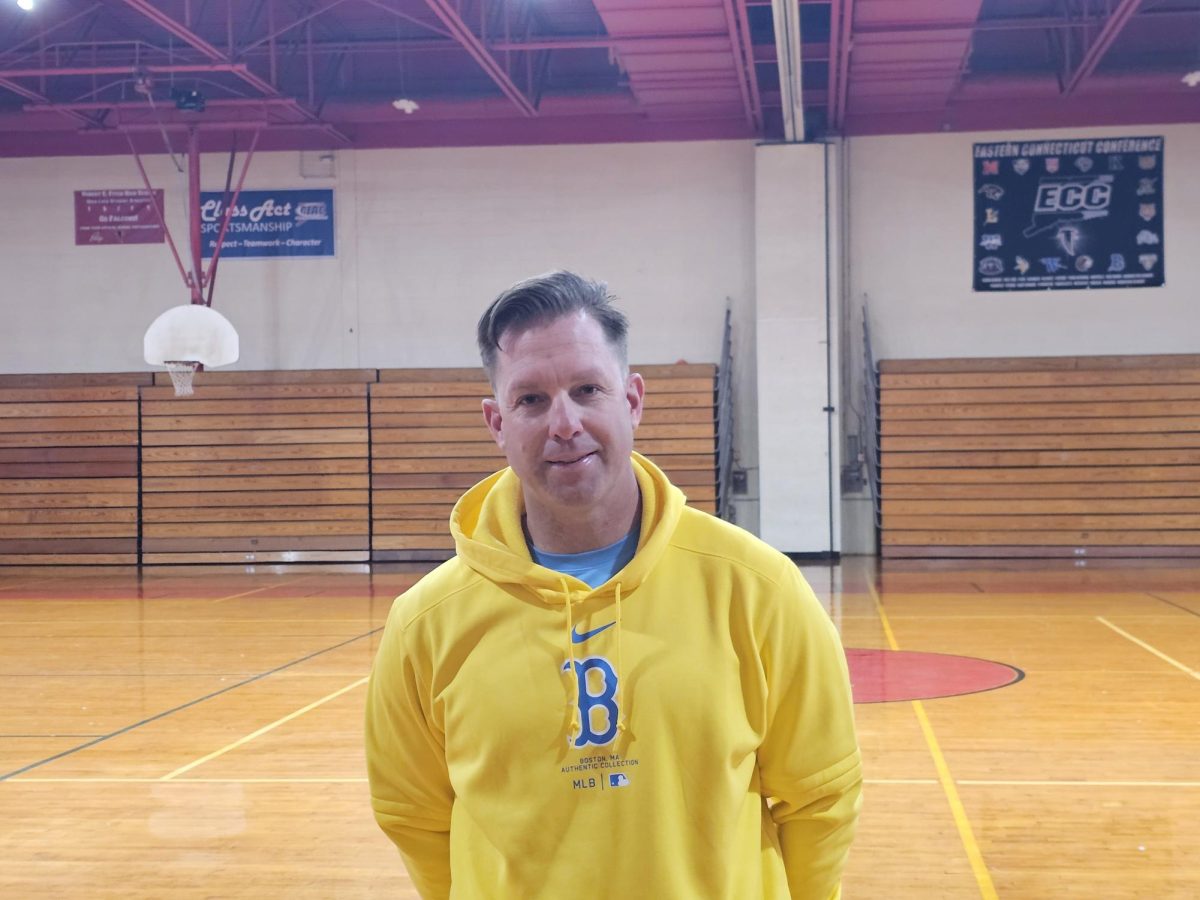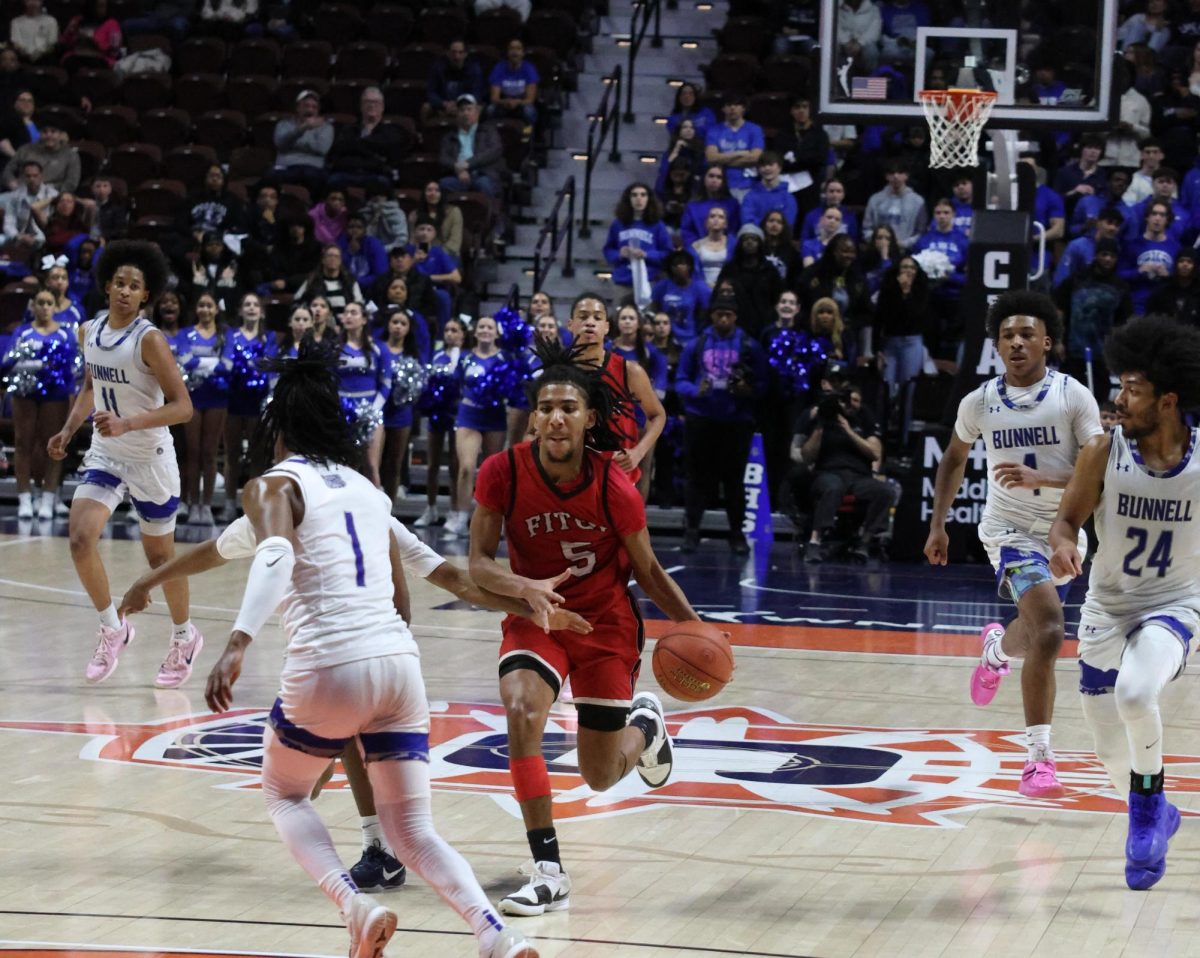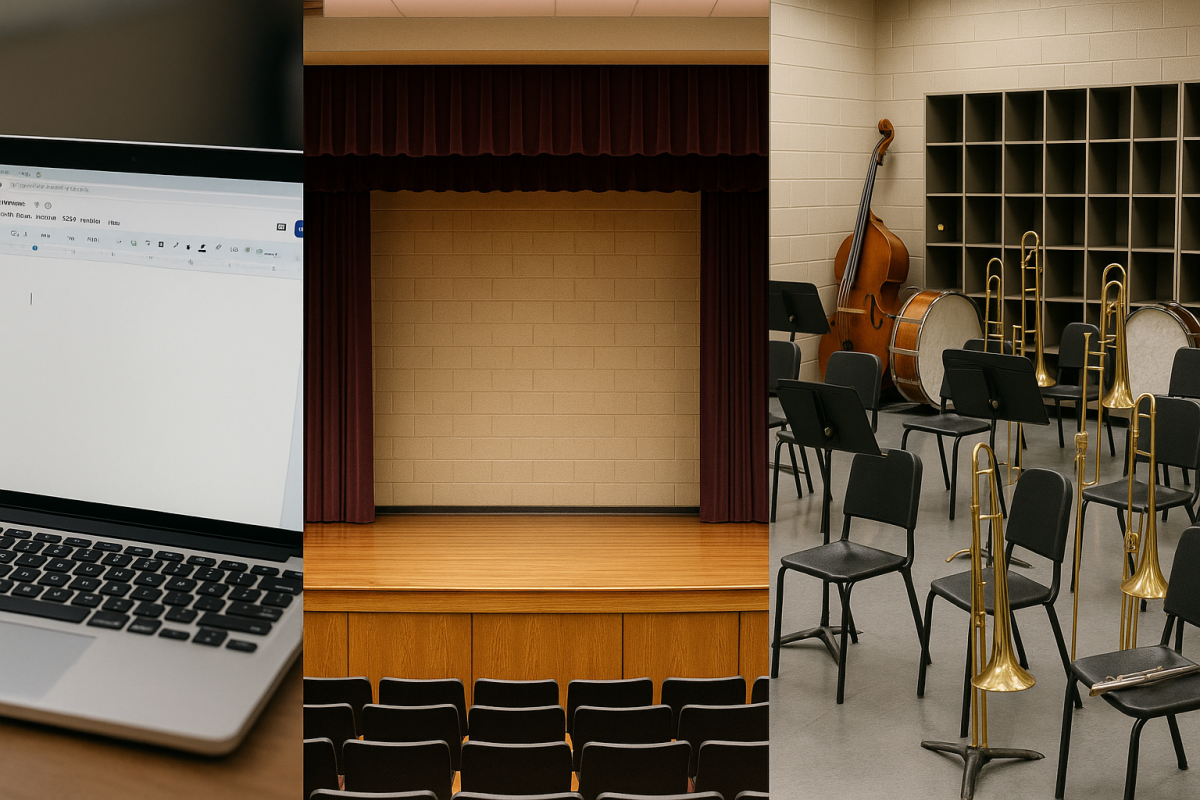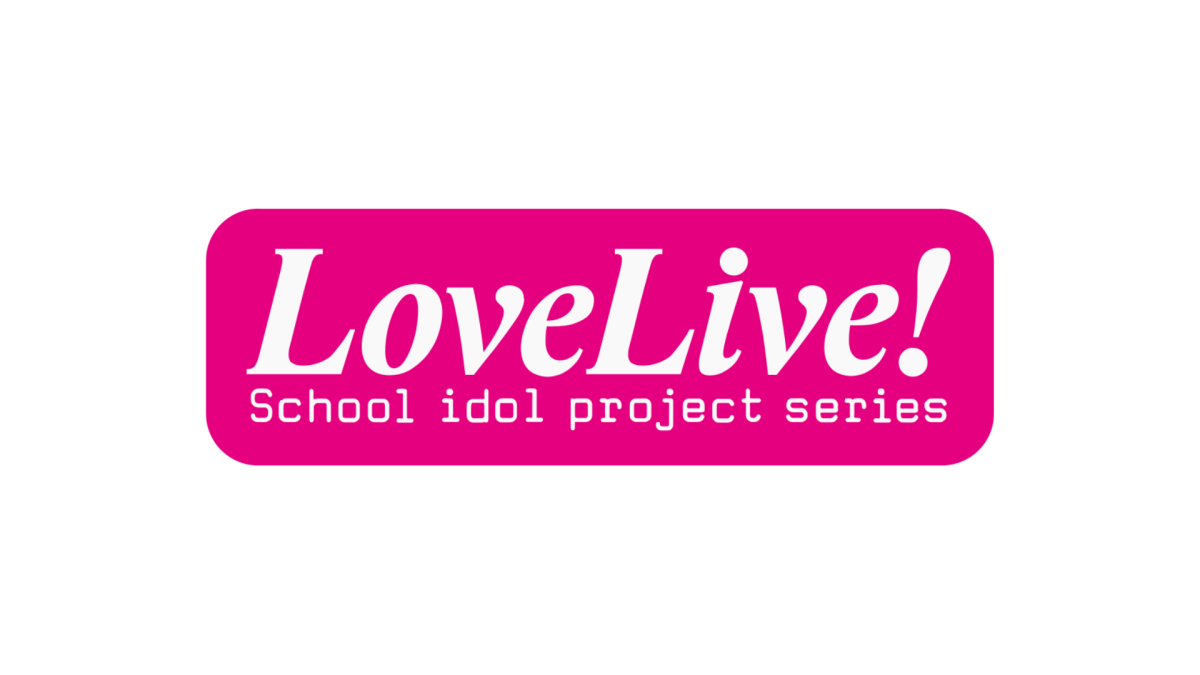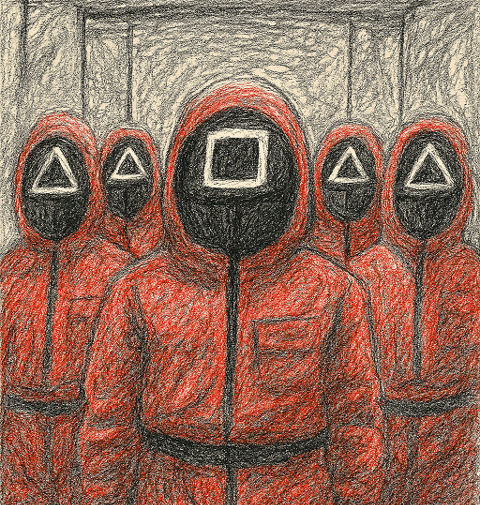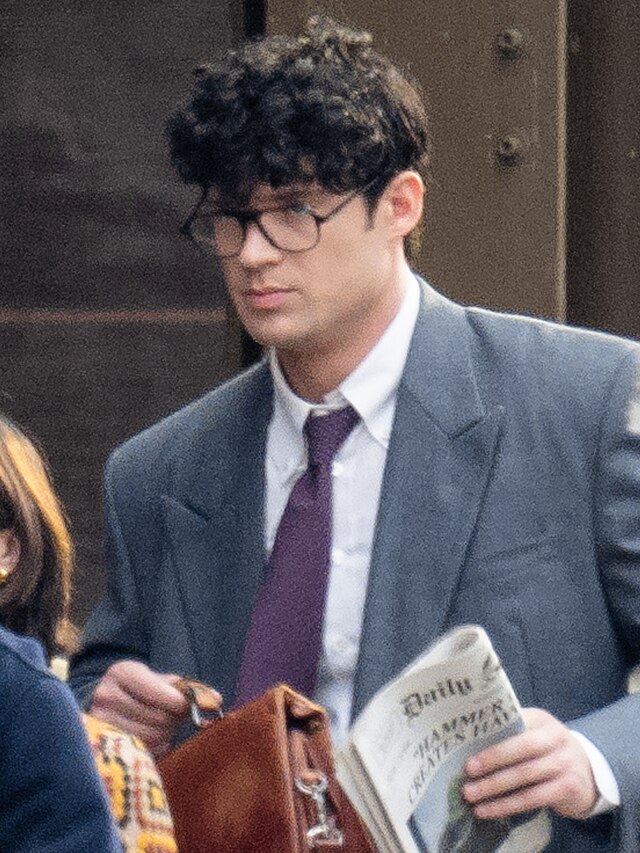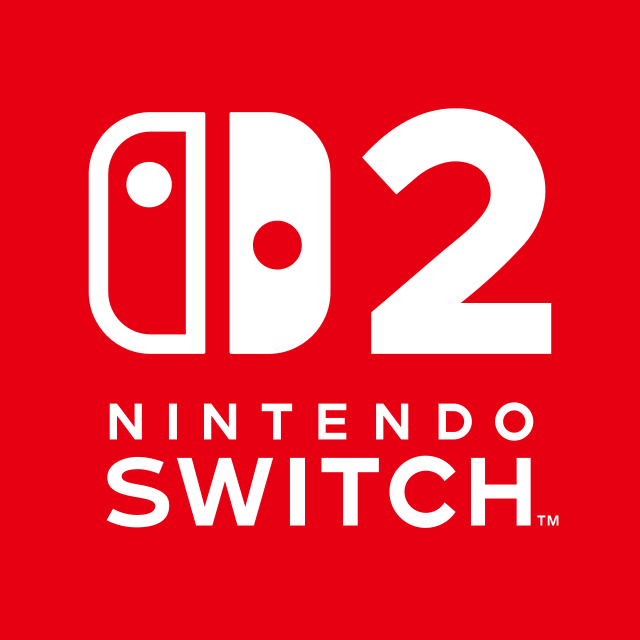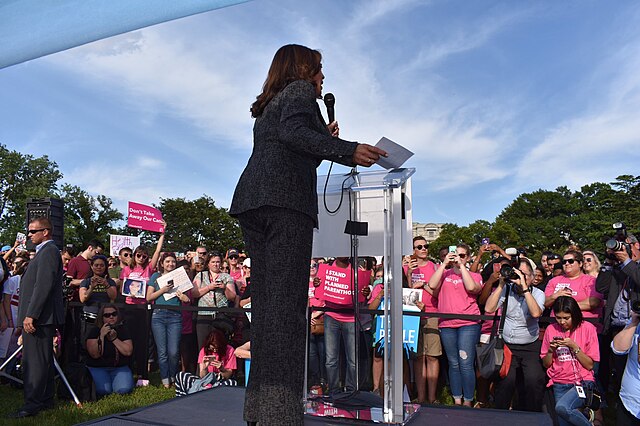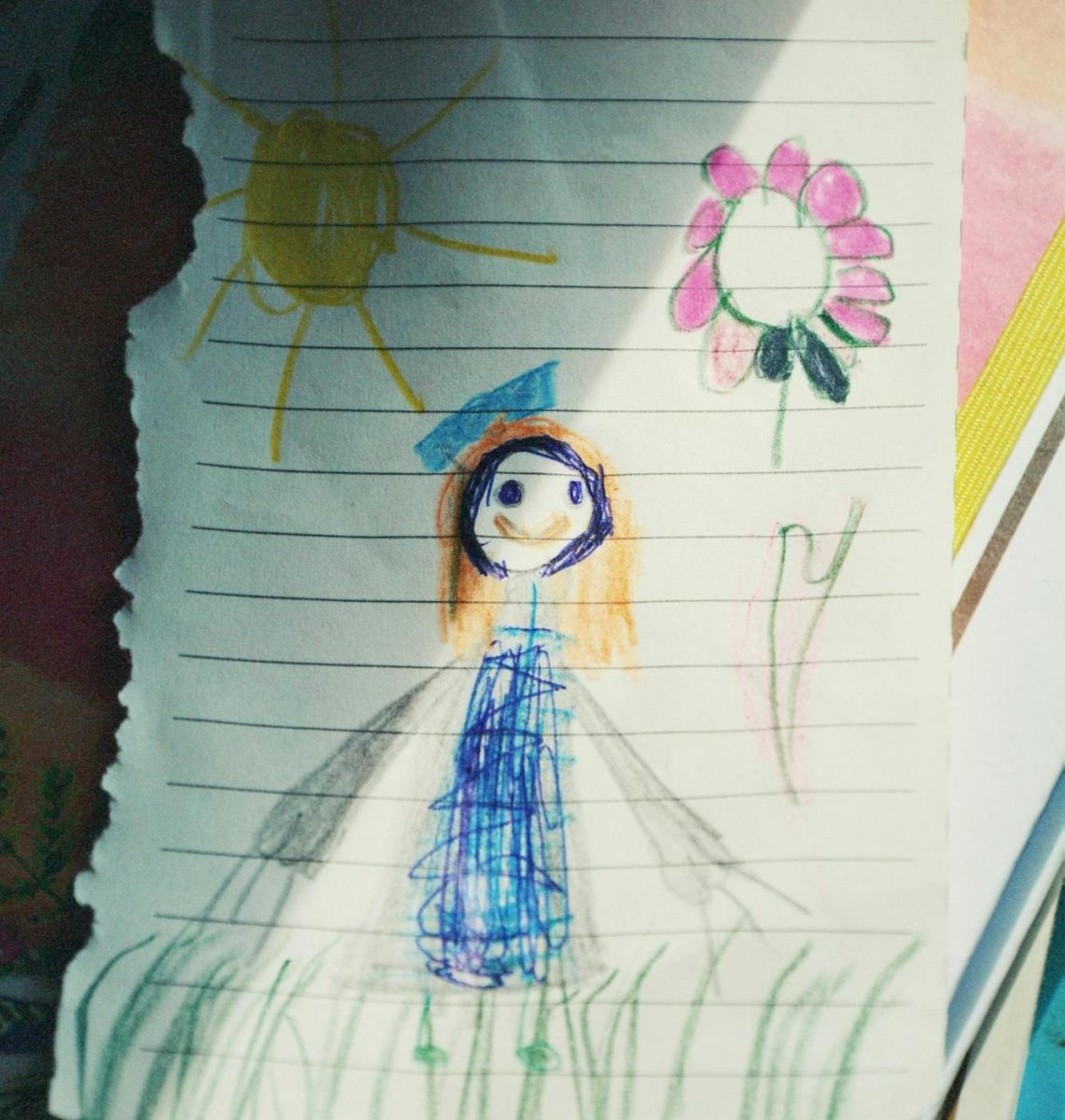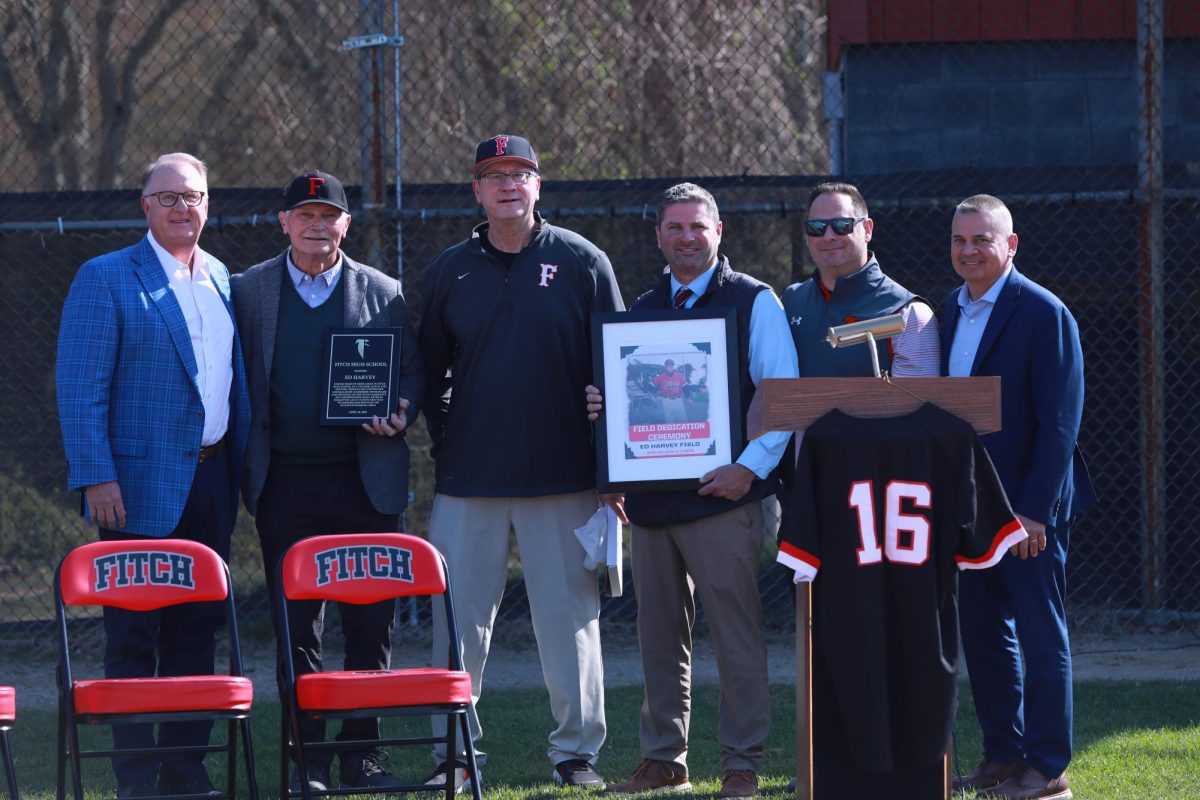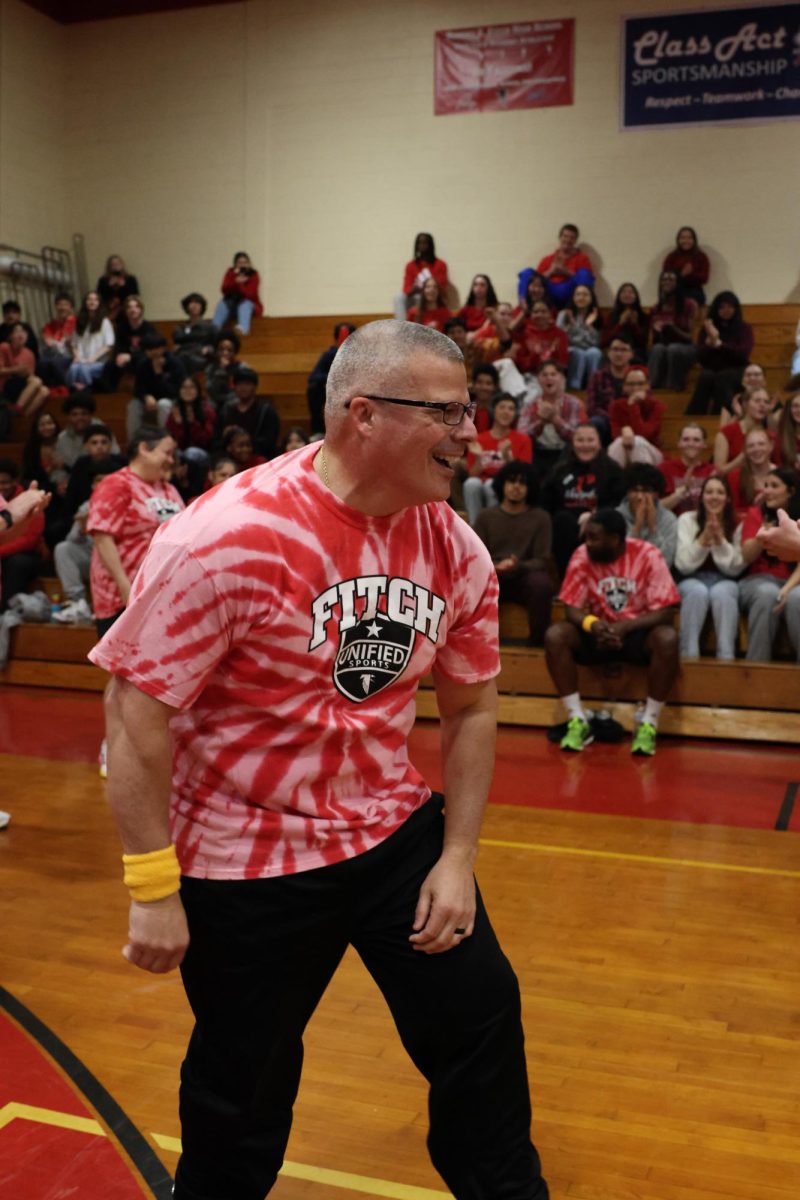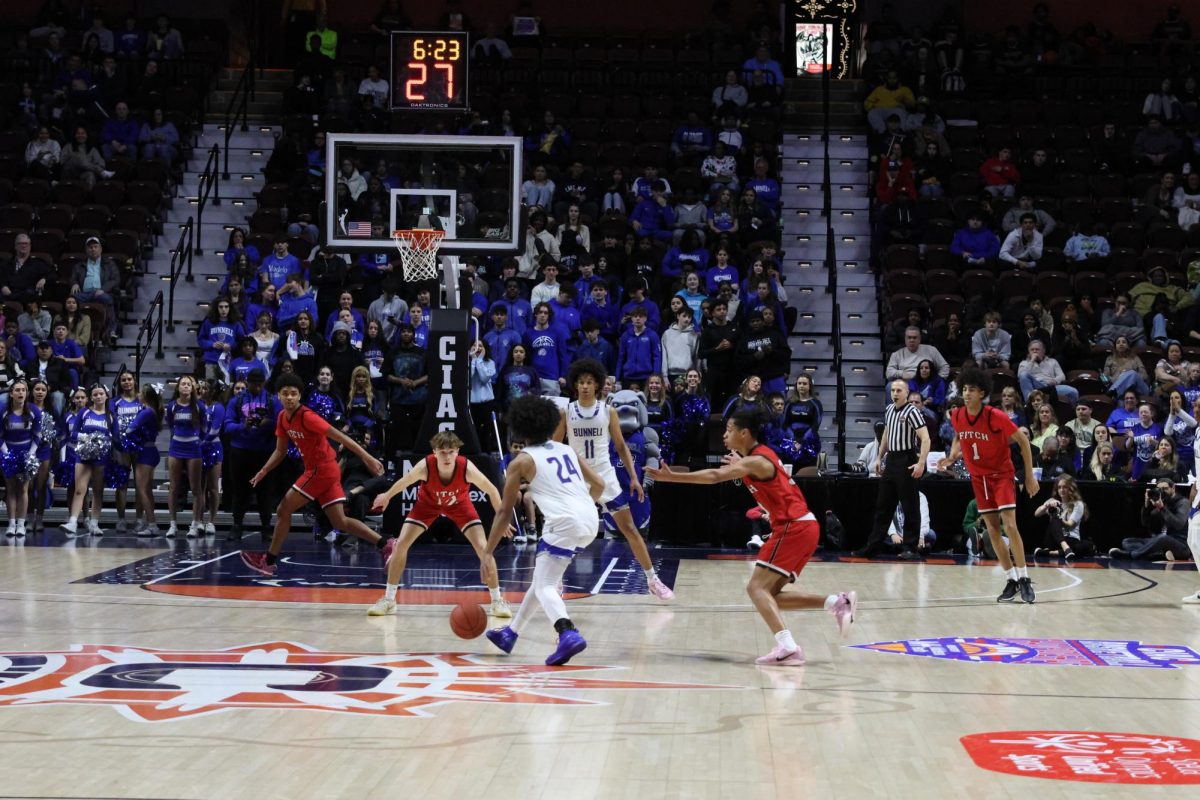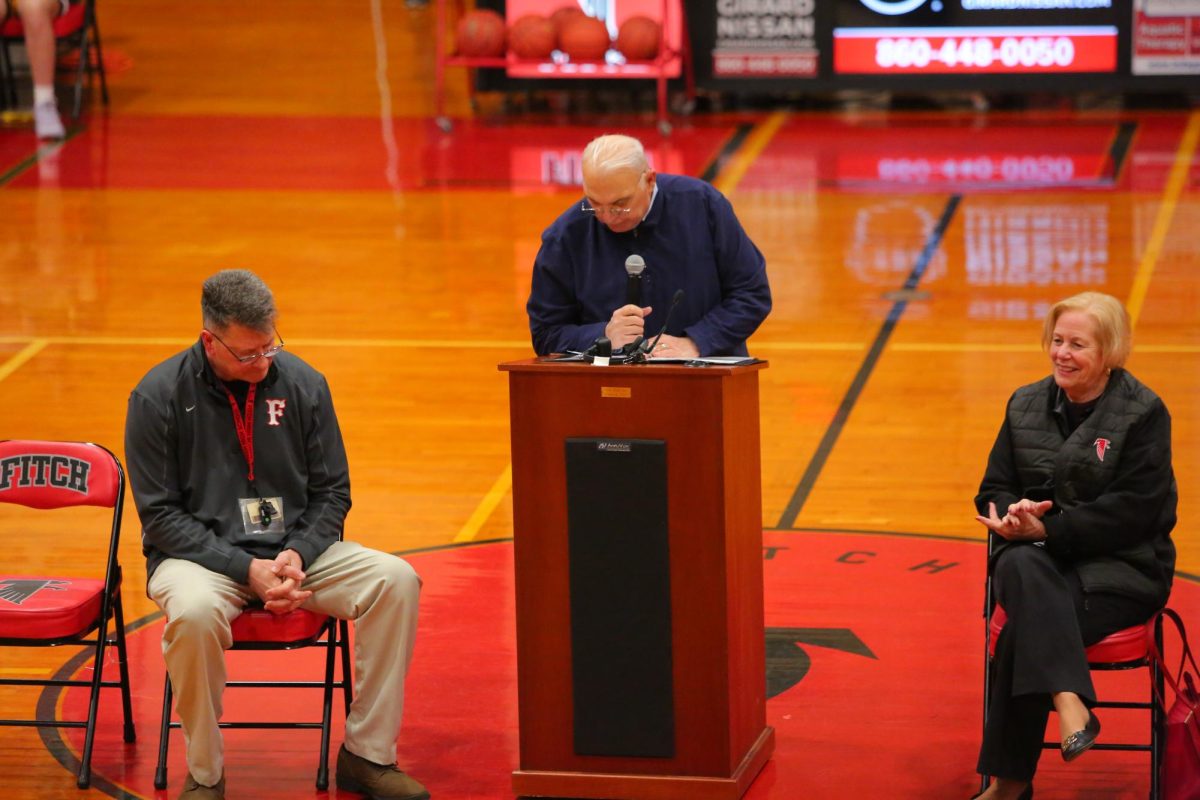Carolyn Wilson, Coordinator of the Groton Alliance for Substance Abuse Prevention (GASP), sat down with Zerek Laghari, Class of 2025 Falcon Press journalist and reporter, to discuss GASP and its work in the community.
ZL: A lot of students at Fitch know GASP by the surveys and posters, but how do you describe GASP?
CW: GASP is a community-based prevention coalition, which means that we do a lot of work in all parts of the community, including schools. We also do things that focus more on parents, as well. We have lawn signs and billboards with our messaging. We do a lot with other partner agencies and the media, so we’re in the schools, but also in the community.
ZL: On that, what are some of GASP’s main goals or aims in its work?
CW: We aim to reduce and prevent youth substance use by implementing evidence-based strategies for public health and health promotion. Everything we do is backed by science and facts, and we aim to pick strategies that fit the community but are also considered evidence-based.
ZL: What are some of these evidence-based approaches taken in prevention?
CW: One of the big things we do is social marketing. We do a lot of messaging about behavioral changes. With parents, we talk to them about the importance of talking to their kids about their rules and expectations. With young people, we talk about waiting until they’re 21 until they use substances, and the reasons why, including the science behind brain development. We also talk about healthy decision-making. Because even if young people don’t want to follow the rules and laws, even though we’re trying to prevent that, they need to know what are ways to stay safe and reduce potential harm. We recognize that prevention isn’t 100% effective and try to make sure that we get information out that can help people.
ZL: How can students and/or parents get involved inside and outside of GASP to help in the community?
CW: Supporting GASP can be as easy as following us on social media or joining our email list, as non-committal ways for people to show support and follow along with what we do. GASP meets virtually once a month for an hour-long lunch meeting. If people want to attend those meetings, they can. If people can’t attend but want to be involved, they can reach out and contact me, and there’s no shortage of work to be done. We also offer volunteer and community service opportunities for young people when needed. We try to offer something for everybody.
ZL: What are some current projects and goals that are being worked on in GASP?
CW: One of our main programs is our parent campaign, about setting clear rules and expectations, because we know that parents are the number one outside influence on young people. We understand that yes, teens are influenced by teens, but believe it or not, the influence of their parents can be even stronger. We know that when some kids make choices not to use substances, it’s often because it just doesn’t interest them, but outside of internal reasons, the number one reason is always their parents. We want everyone to know that that’s super important and we encourage parent and teen communication. We also work with our youth groups and teen clubs. Here at Fitch, we work with Students Against Destructive Decisions (SADD), at Grasso, there’s Students for Recovery, and we’re constantly reaching out to other youth groups, such as at the Youth Center at the Navy Base.
ZL: A lot of these actions you describe with the media are very open and visible, but what are some of the unseen actions that GASP is taking to help with prevention in the community?
CW: Well, policy change is one of the biggest gold standards in prevention. In a perfect world, we’d be able to create laws and ordinances that help protect people in the community. Those are some of the more impactful things we do, but they’re also sometimes the most difficult. One of the things we’re working on is with our retailers and our servers at bars, restaurants, and package stores to make sure they’re not serving underage people. That’s a big part of what we’re doing. We work with the police department and state officials to make that happen. We’re hoping that businesses set policies to check IDs and make sure they’re not serving underage people.
ZL: More towards you, what does GASP mean to you?
CW: GASP means a lot to me. I was not the founder of GASP, it started over 25 years ago, but I’ve been a part of GASP for my entire career at Ledge Light Health District. I started as a volunteer, as an assistant coordinator, and then I became the coordinator. GASP has become a very big part of my life and career, and I take it very seriously. I’m always trying to promote GASP’s message and come up with new creative ways to get our messages out and to make lasting community change. Sometimes I forget that not everyone knows about GASP, but there are still opportunities to bring GASP to new generations.
ZL: Is there anything else you would like to add?
CW: I would say to anyone who is quietly curious about prevention or wants to become more involved to just reach out. A lot of kids are hesitant to take a public stand against underage substance use or other destructive decisions, but you’ll never regret standing up for what is right, what is safe, and what will help people. It’s important that young people feel supported in making good decisions, and I hope to be a big part of that.
Anyone interested in GASP may reach out to Carolyn Wilson at [email protected].

